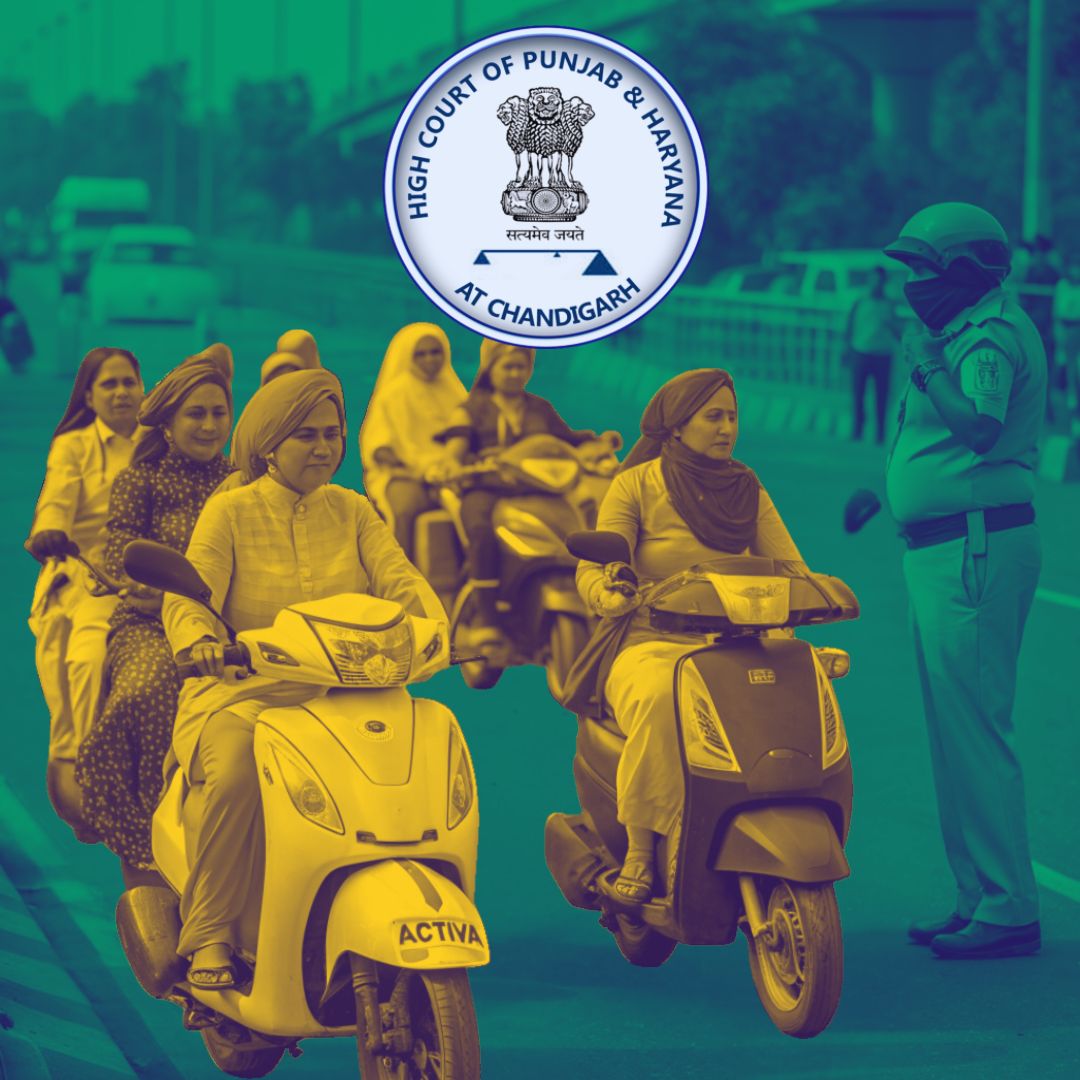The Punjab and Haryana High Court ruled that Sikh women who do not wear a turban are not exempt from wearing helmets while riding two-wheelers. This decision arose from a petition by a woman who argued that the helmet law violated her religious rights. The court emphasized that safety regulations apply uniformly to all, regardless of religious attire, highlighting the importance of public safety over individual exemptions.
Court Ruling Highlights Public Safety
In its ruling, the court underscored that the law mandating helmet use is crucial for ensuring the safety of all road users. The petitioner, who does not wear a turban, contended that the helmet requirement infringed upon her religious beliefs. However, the court maintained that while it respects religious practices, public safety cannot be compromised. Justice Anil Kshetarpal stated, “The law is clear; it is meant to protect lives and should be followed by everyone.” This ruling has sparked discussions about balancing individual rights with public safety measures.
Context of the Helmet Law
The helmet law in Punjab was enacted to reduce fatalities and injuries among two-wheeler riders. Over the years, there have been numerous incidents highlighting the dangers of riding without proper headgear. The recent case brought attention to the intersection of religious identity and legal obligations. While many Sikhs wear turbans as a part of their faith, the court’s decision raises questions about how such laws can be applied fairly across diverse communities without infringing on personal beliefs.
The Logical Indian’s Perspective
The recent ruling by the Punjab and Haryana High Court, which mandates that Sikh women who do not wear turbans must comply with helmet laws, highlights a crucial intersection of individual rights and public safety. While it is essential to respect cultural practices and religious identities, the court’s decision underscores the importance of uniform safety regulations that protect all road users. This ruling serves as a reminder that personal beliefs should not come at the cost of collective safety. As we navigate the complexities of modern society, we must find ways to harmonize our diverse identities with the responsibilities we share as citizens. It raises an important question: how can we foster a culture of safety that respects individual rights while promoting the well-being of our communities? Engaging in this dialogue is vital for building a more inclusive and understanding society.












